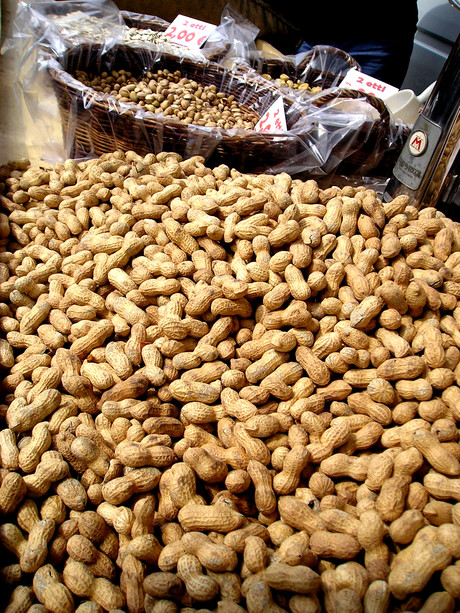TOMRA's technology helps detect aflatoxin

TOMRA, a manufacturer of sensor-based sorting machines for the food industry, has collaborated closely with food manufacturers and processors to help detect aflatoxin from the food manufacturing process to ensure food safety.
Identifying contaminated food with the dangerous toxin aflatoxin, which can contribute to developing liver cancer, is technically avoidable but often cannot be directly controlled by members of the public.
Aflatoxin, a toxic natural substance produced by fungus and mould found in certain foods, can be found in a number of food types but is most commonly found in grains such as rice and corn, soybeans, certain cooking oils, nuts and particularly peanuts. It generally grows in damp environments such as storehouses that are not kept below a certain humidity level and can quickly spread once it develops, infecting other food and products.
As it is colourless and tasteless, it can be extremely difficult to recognise. The substance can also withstand temperatures up to 280°C, meaning it cannot be destroyed or removed by cooking or boiling. As a result, many traditional methods are ineffective at detecting or removing aflatoxin.
Aflatoxin is not only a major health threat, but also a commercial and logistical issue for many food exporters. Grains and nuts exported from some countries, such as China, are frequently rejected by customs officers at international borders due to excessive aflatoxin levels. This is further compounded by the differing restrictions on permitted levels in many zones, ranging from 2 µg/kg in the EU to 20 µg/kg in the US.
TOMRA has worked closely with food manufacturers and processors to conform with the strict food safety standards enforced by many importing countries. The Detox laser utilises a special optical design that can find aflatoxin contamination. It works by identifying the extremely low intensity of light reflected by the aflatoxin mould and fungus in a variety of food types, from peanuts, almonds and hazelnuts to dried fruit such as figs. Infected food can then be removed and eliminated from the production process, helping to ensure a compliant end product.
Industry Code of Practice for plant-based food labelling
After a number of research studies, the Australian Government plans to strengthen plant-based...
2026 ANZ PIDA WorldStar winners announced
Seven Australian and New Zealand companies have received international recognition in the latest...
Celebrating 85th anniversary of CRYOVAC food packaging
Sealed Air Corporation is marking this milestone anniversary with a year-long celebration that...










